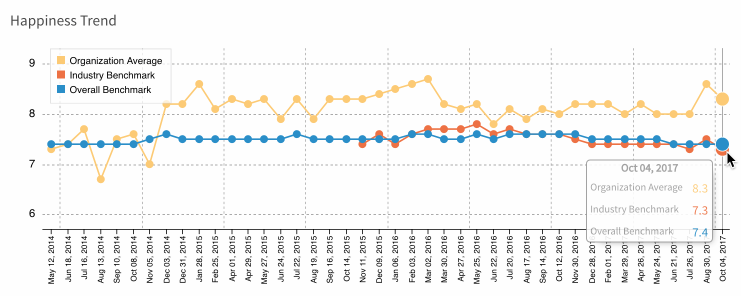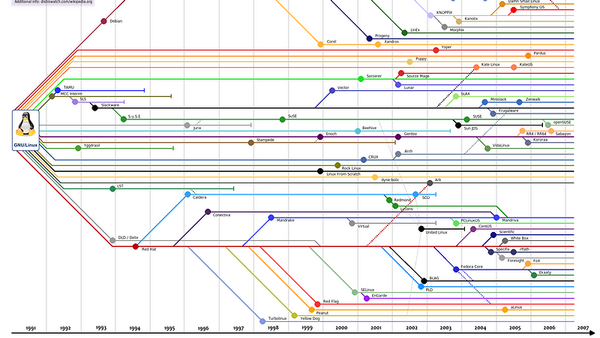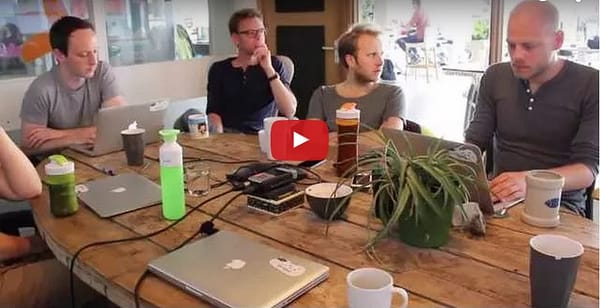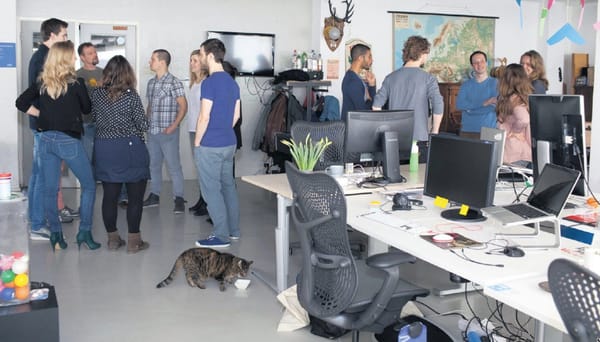
The Trusting People Paradox of self-management
A: people can’t be trusted, they always selfishly look out for themselves. B: people can be trusted, we’re wired to altruistically help…

A: people can’t be trusted, they always selfishly look out for themselves. B: people can be trusted, we’re wired to altruistically help…

As a startup founder, you’ve either been there or will soon: a slump in your growth. It can triggered by growing too fast, a key team…
When your colleagues all self-manage, who makes sure everybody adheres to certain rules? Is there some magic that does not require optimal…
This is a copy of our internal Rules of Engagement, updated when our Communication Clarity role updates them internally in our helpdesk…

I had no expectations coming to Shanghai to speak on Holacracy, at The First China Organizational Evolution Forum. I was maybe too busy…

At my company Springest, happiness is not a goal in itself. Long term productivity is, and I believe one leads to the other. We do measure…
Strategy is of course a keystone of management, so it’s also important in the organisational operating system Holacracy. Even more so…

TL;DR: because you think it’s a solution in itself, while it’s merely a framework for organizations to create them in an efficient and…
Last week, Andy Doyle from Medium announced they won’t use Holacracy anymore to run their company. It’s great that such a visible company…

The past months we have invited people from outside our company to join our Holacracy tactical and governance meetings. Those meetings are…

How our 20 person startup hacked Asana to support our Holacracy and Getting Things Done methods.

What does it really do for our 32 person startup?

First they ignore you, then they laugh at you, then they fight you, then everybody is suddenly very productive.
Continuous learning process creates need for knowledge transfer between Holacracy adopters